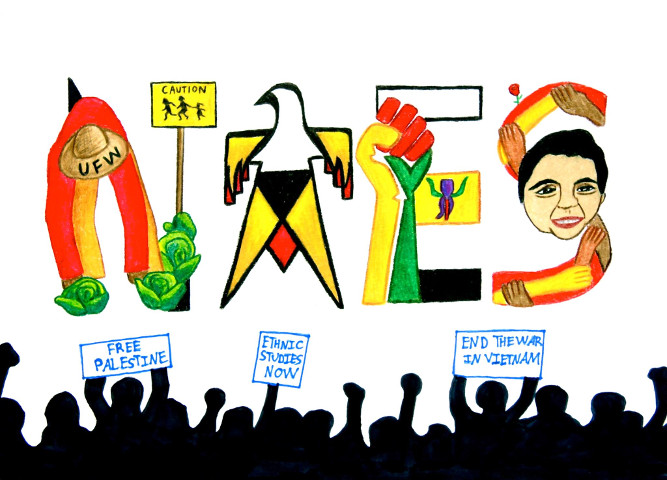Ethnic Studies Review

Orginal Publication Date
2006
Journal Title
Ethnic Studies Review
Volume
29
Issue
esr/vol29/iss1
First Page
111
Last Page
112
Abstract
The "romance of authenticity" to which the title of Jeff Karem's timely new study refers is the romance between the American reading public and the regional or ethnic writer who is viewed as providing an "authentic" cultural viewpoint, often to the extent of becoming regarded as the premier representative of that culture. Karem's argument, however, is that too much "symbolic weight" (205) is often attached to the work of writers seized upon as "representative." They are asked to bear the burden of providing a vicarious and definitive immersion in a particular culture, and therefore their work is judged mostly in anthropological terms, with regard to the authenticity of the experience delineated. "Mainstream" writers, however, are evaluated by much broader standards: they are freer to explore different genres, for example, without risking accusations that their culture is not being accurately represented. "[M]uch criticism invested in authenticity and representation," says Karem, "has reduced marginal authors to mere informants" (209). Worse, in the academic arena the work of such authors (whose canonicity is often largely determined by publishers) is often used as a means of confronting ethnic issues purely symbolically in the classroom, precluding any real action beyond it.
Rights
Copyright ©ESR, The National Association for Ethnic Studies, 2006



Comments
Critical Perspectives: New Knowledge